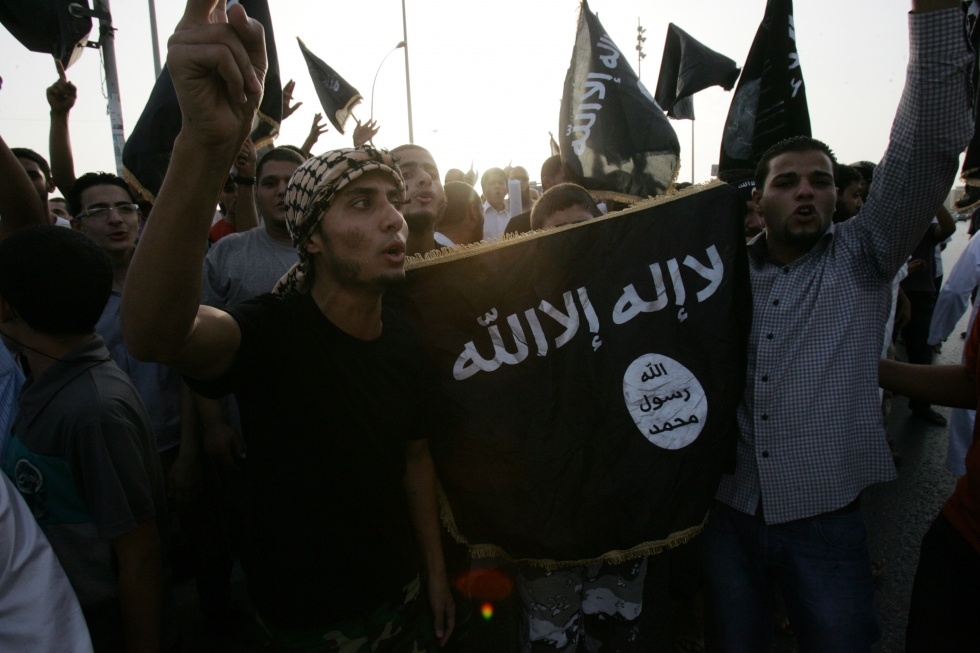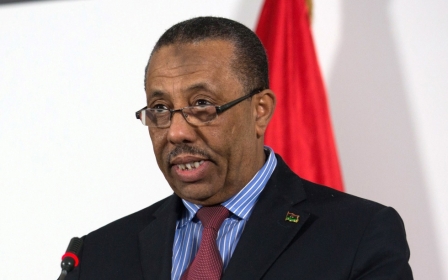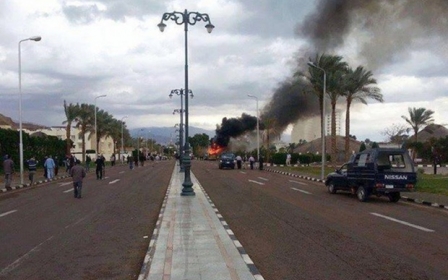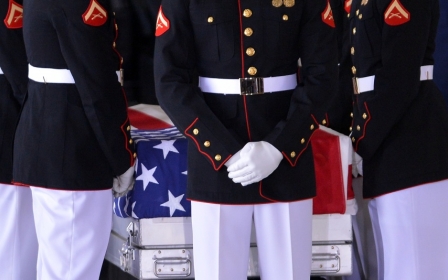Ansar al-Sharia deny ceasefire with 'dictator Haftar' in Libya

Libyan militia group Ansar al-Sharia denied reports this week that it has agreed to a ceasefire with rogue ex-general Khalifa Haftar and his forces, accusing the former army commander of only understanding “the language of force”.
“We have not reached agreement with the Crisis Committee, and we did not even agree to negotiate with this dictator [Haftar],” the group said in an online statement. “He is continuing to bomb our people in Benghazi with planes and missiles: we consider this nothing but a factor that will lead to the continuation of the war."
A government-appointed Crisis Committee had earlier announced a successfully brokered deal to temporarily halt hostilities between local militias and forces loyal to Haftar.
Haftar spokesperson Mohamed al-Hegazi, however, said their campaign to purge Libya of “terrorists” will continue after elections planned to take place later this month.
“We have agreed to halt fire until 25 June to prove that we are not seeking power,” Hegazi told the privately owned al-Dawliya television channel. “This is for all those who accused us of staging a military coup."
Khalifa Haftar and his non-governmental “National Army” attacked the restive eastern city of Benghazi on 16 May, killing at least 79 people. Fighting has continued since, principally in the east, with the government labelling Haftar an outlaw and accusing him of attempting a coup.
There is hope that upcoming elections will ease political tensions that have seen the country’s Supreme Court reject the appointment of a new prime minister. However, fears of low voter turnout have been compounded by less than 30 percent of eligible voters registering to take part.
While refusing a deal with Haftar, Ansar al-Sharia said it was open to talks with tribal leaders to solve the ongoing crisis.
“As for dialogue with our people and our tribes, our hearts are open to them," the group's statement said.
The militia came to prominence during the 2011 uprising that removed former leader Muammar Gaddafi from power. The group, which claimed responsibility for the killing of US Ambassador Chris Stephens in Tripoli in 2012, has been designated a terrorist organisation by the US. It has suffered losses during recent fighting with Haftar and is one of the principal targets of his “Operation Dignity”.
On Monday, reports emerged that a leading member of the group has been killed in Derna, a port town of 80,000 people east of Benghazi.
Local daily The Libya Herald said a body had been found eight km south of the town and was taken to the local Harish Hospital. Prior to his death, Al-Mahdi Saad Abu al-Abyad had been involved in an attack on the home of Rafallah Hassan Israfeel al-Shalooy, a leader of rival militia group the Abu Sleem Martyrs Brigade, an anonymous source in Derna told the newspaper.
Militia groups operate across Libya, many of whom came into existence during the revolution and gained their arms from the dispersal of weapons that came with the removal of Gaddafi. The government has struggled to reign in and disarm these groups, who continue to play a key role in the country’s fractious and unstable political landscape.
New MEE newsletter: Jerusalem Dispatch
Sign up to get the latest insights and analysis on Israel-Palestine, alongside Turkey Unpacked and other MEE newsletters
Middle East Eye delivers independent and unrivalled coverage and analysis of the Middle East, North Africa and beyond. To learn more about republishing this content and the associated fees, please fill out this form. More about MEE can be found here.




